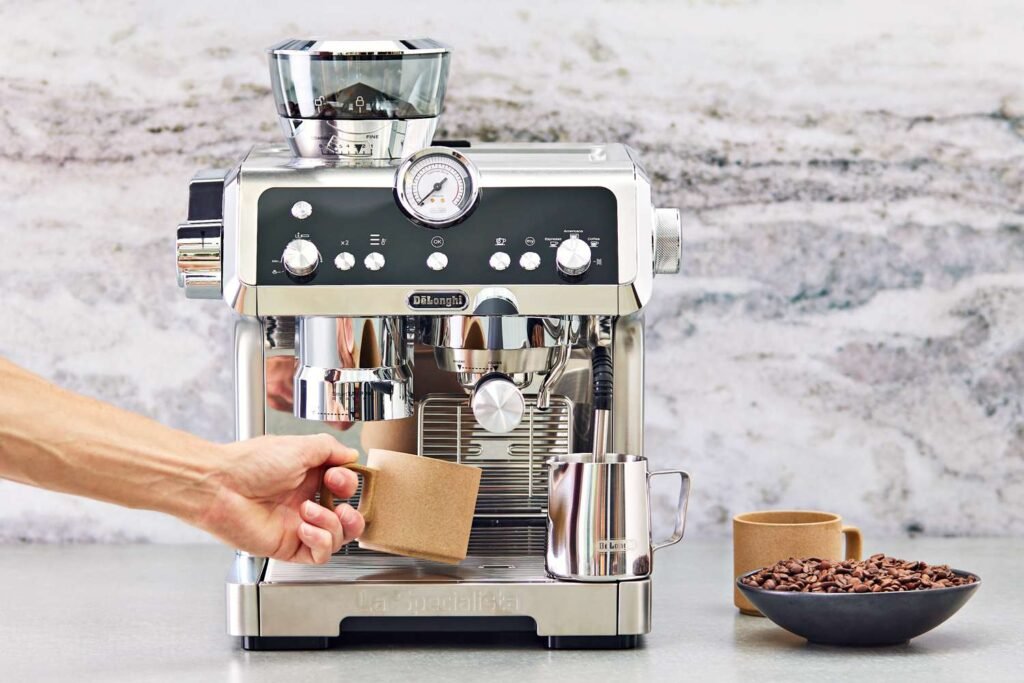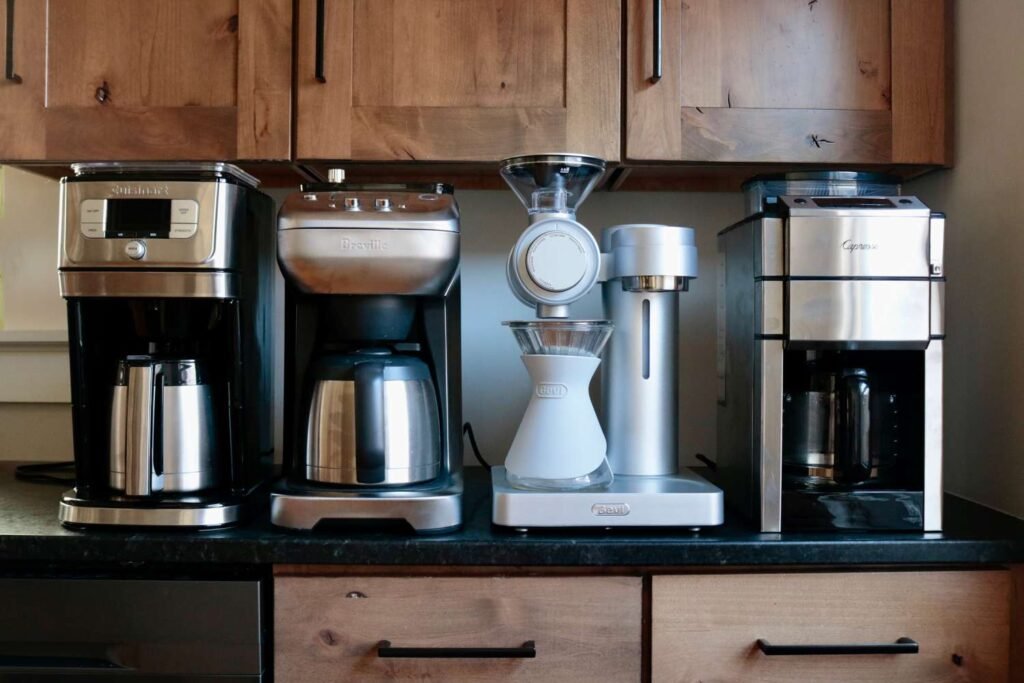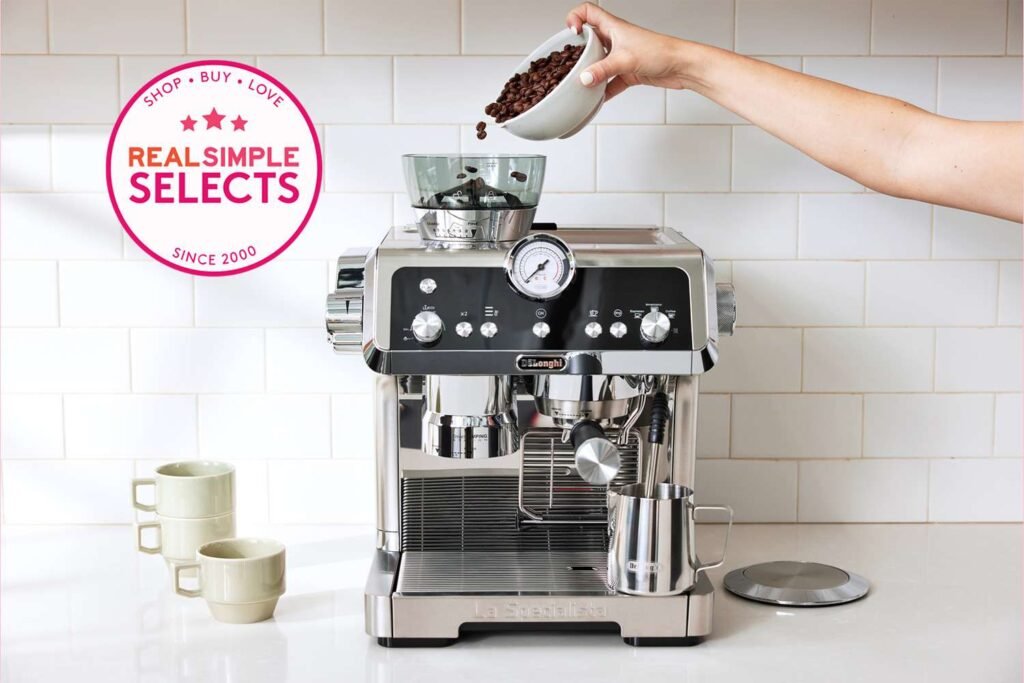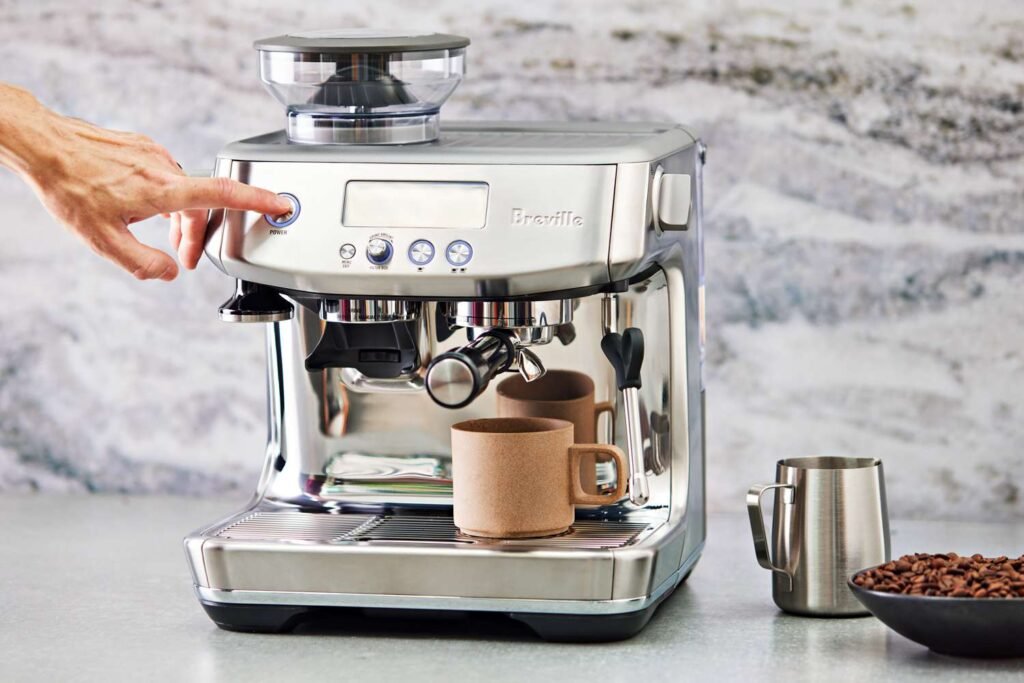Have you ever wondered how to get the best cup of coffee? The secret often lies in the tools you use. Navigating the world of coffee grinders and brewers can be a bit overwhelming, but understanding the essentials can make all the difference in your coffee experience. In this guide, we’ll explore the ins and outs of coffee grinders and brewers to help you make informed decisions that suit your taste and lifestyle.

Why Coffee Grinders Matter
Grinders are crucial for releasing the full flavor and aroma hidden within coffee beans. Using freshly ground coffee can significantly elevate your brew, making each sip more vibrant and enjoyable.
Types of Coffee Grinders
Not all coffee grinders are created equal. They come in various types, each with its own advantages and drawbacks. Let’s take a closer look at the most common types:
| Type | Description | Pros | Cons |
|---|---|---|---|
| Blade Grinders | Simple, affordable grinders that use a blade to chop beans. | Cost-effective, easy to find. | Inconsistent grind size, heat can affect flavor. |
| Burr Grinders | Use two revolving abrasive surfaces to grind beans more uniformly. | Consistent grind size, better flavor retention. | More expensive, requires regular cleaning. |
| Manual Grinders | Operated by hand, often portable. | Affordable, quiet, portable. | Requires effort, slower than electric grinders. |
Choosing the Right Grinder for You
Your choice of grinder should align with your brewing method and personal preferences. For instance, if you enjoy French press coffee, a burr grinder with coarser settings would be ideal. Conversely, for espresso, a finer grind from a burr grinder is essential.
Breathing Life into Your Brew: Coffee Brewers
Now that we’ve explored grinders, let’s move on to brewers. The method you use to brew coffee is equally important and can drastically change the final taste.
Popular Types of Coffee Brewers
There are many coffee brewing methods available, each bringing its own unique flavor profile to the cup. Here’s a rundown of some popular options:
| Type | Description | Pros | Cons |
|---|---|---|---|
| Drip Coffee Maker | Automatically drips hot water through ground coffee. | Convenient, consistent, can make large quantities. | Less control over brewing process. |
| French Press | Steeps coarse-ground coffee in hot water before pressing. | Rich, full-bodied flavor, easy to use. | Can be messy, requires precise timing. |
| Pour-Over | Manually pours hot water over coffee grounds in a filter. | Enhanced control, flavorful coffee. | Requires attention and skill. |
| Espresso Machine | Forces hot water through finely-ground coffee under pressure. | Intense flavor, allows for espresso-based drinks. | Expensive, requires practice. |
| AeroPress | Uses air pressure to push hot water through coffee grounds. | Versatile, quick, easy to clean. | Brewing technique can be tricky. |
Finding Your Perfect Brewer
Selecting the right coffee brewer depends on your lifestyle and taste preferences. Do you need convenience and volume? A drip coffee maker might be your best bet. For those who cherish the art of coffee making, a pour-over or an espresso machine offers more control and satisfaction.
The Grind and the Brew: Perfect Partners
Pairing the right grinder with the right brewer is a game-changer. To help you get started, consider these combinations:
French Press & Burr Grinder
French Press lovers should use a burr grinder to produce a consistent, coarse grind. This combination provides a rich and robust flavor without the annoyance of sediment.
Espresso Machine & Burr Grinder
For a perfect shot of espresso, a burr grinder is indispensable. The fine grind and uniform particles result in a smooth, strong brew.
Drip Coffee Maker & Blade Grinder
If you’re using a drip coffee maker, a blade grinder can still work adequately. Even though it’s less uniform, the convenience and cost-effectiveness of a blade grinder can make it a suitable match.
Pour-Over & Burr Grinder
A burr grinder shines with pour-over coffee, offering the precise grind needed for optimal extraction. This method highlights the nuances of the coffee beans.
Maintenance: Keeping Your Gear in Top Shape
Consistent maintenance ensures your grinders and brewers continue to perform at their best. Let’s cover some basic care tips:
Cleaning Your Grinder
Regular cleaning prevents residue buildup that can affect flavor. For blade grinders, simply wipe with a damp cloth. Burr grinders often have removable parts—make sure to clean these thoroughly.
Maintaining Your Brewer
Descale your brewers periodically to remove mineral build-up. For drip coffee makers, monthly descaling using vinegar or a commercial descaler works wonders. French presses and AeroPresses should be washed after each use to keep them in pristine condition.
Routine Checks
Inspect your equipment regularly for wear and tear. Replace any worn parts to ensure consistent performance and prolong the life of your gear.

Upgrading Your Coffee Experience
As your coffee expertise grows, you might find yourself wanting to explore new horizons. Upgrading your gear can be an exciting journey.
Advanced Grinders
Investing in a high-end burr grinder can make a noticeable difference, especially if you’re experimenting with different brewing methods.
High-End Brewers
Premium espresso machines and smart drip coffee makers offer advanced features that can take your coffee to the next level. Many high-end models have programmable settings, which can enhance convenience and consistency.
Sustainability and Ethical Considerations
In your quest for the best coffee, consider the environmental and ethical impact of your coffee habits.
Eco-Friendly Grinders and Brewers
Look for grinders and brewers made from sustainable materials. Manual grinders, for instance, have a lower carbon footprint since they don’t require electricity.
Fair Trade Coffee
Support ethical coffee production by choosing beans certified by fair trade organizations. This not only ensures better wages and conditions for farmers but often results in higher quality beans.

Exploring Coffee Beans
While the grinder and brewer are crucial, the type of coffee beans you use also plays a significant role. Let’s explore some popular options and what they bring to the table:
Arabica vs. Robusta
These are the two main types of coffee beans, each with its own characteristics:
| Type | Flavor Profile | Pros | Cons |
|---|---|---|---|
| Arabica | Sweet, soft flavor with higher acidity | Complex flavor, low bitterness | More expensive, delicate |
| Robusta | Strong, harsh, with higher caffeine content | More affordable, higher yield | Often bitter, less complex |
Specialty Coffee
Specialty coffee beans are graded highly based on flavor, aroma, and overall quality. They offer a premium coffee experience but come at a higher price point.
Single-Origin vs. Blends
Single-origin beans come from a specific location, emphasizing unique flavors of that region. Blends, on the other hand, mix beans from different places to create a balanced flavor profile.
Brewing Techniques: Tips and Tricks
To make the most of your coffee gear, consider these brewing techniques that can enhance your experience:
Water Temperature
The ideal brewing temperature is between 195°F to 205°F. Too hot, and you risk burning the coffee; too cool, and you won’t extract enough flavor.
Coffee-to-Water Ratio
A common standard is a 1:15 ratio, meaning one part coffee to 15 parts water. Adjust to your taste, but this is a good starting point.
Timing
Timing can make or break your brew. A French press, for example, usually needs 4 minutes of steeping, whereas an espresso shot should take about 25-30 seconds to pull.

Common Mistakes and How to Avoid Them
Everyone makes mistakes, especially when first starting. Here are some common pitfalls and how to avoid them:
Inconsistent Grind Size
A consistent grind size is crucial for even extraction. Invest in a burr grinder for the best results.
Incorrect Water Temperature
Using a thermometer or a kettle with temperature control can help you maintain the optimal water temperature.
Over or Under Extraction
Over-extracted coffee tastes bitter, while under-extracted coffee can be sour. Keeping an eye on brewing time and grind size can help you find the sweet spot.
Conclusion
Understanding the relationship between coffee grinders and brewers can significantly enhance your coffee experience. From selecting the right grinder to finding the perfect brewer, every detail matters. Maintain your equipment, explore different beans, and continuously refine your techniques. By doing so, you’ll be well on your way to making exceptional coffee at home. Happy brewing!

